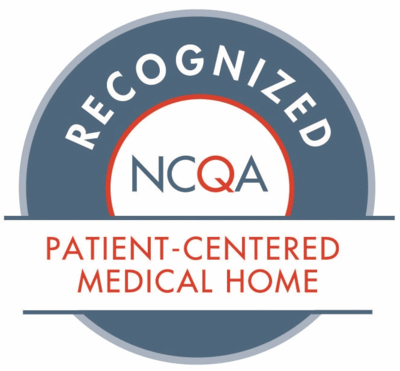
Primary care at UT Health Physicians successfully renewed its National Committee for Quality Assurance (NCQA) Patient-Centered Medical Home (PCMH). The PCMH is a model of care that puts patients at the forefront of care by focusing on building strong relationships between patients and their clinical care team. The NCQA PCMH recognition program is the most widely adopted PCMH evaluation program in the country. UT Health’s primary care service first received recognition as a Level 2 PCMH in 2016.
The locations where PCMH status was renewed were UT Health Medical Arts & Research Center, UT Health Medical Drive, UT Health Geriatrics & Palliative Care, UT Health Westover Hills, and UT Health Shavano. In this process, UT Health Hill Country gained its first recognition as a PCMH. An application for our newest practice, UT Health Verde Hills, is in process.
“Our primary care service was designed from the start to deliver care in a patient-centered way,” says Ramon Cancino, M.D., MSc, Director of the Primary Care Center, UT Health Physicians. "All credit for the NCQA recognition goes to our primary care teams who, day-in and day-out, make sure the needs of our patients come first.”
The main concepts of PCMH are team-based care and practice organization, knowing and managing patients, patient-centered access and continuity, care management and support, care coordination and care transition, and performance measurement and quality improvement.
The NCQA criteria and recognition processes were updated in 2017. The update included doing away with PCMH “levels,” and, instead, adding more intensive “must-pass” requirements and frequent virtual check-ins with NCQA reviewers. Every location accomplished all the “must-pass” requirements in addition to achieving the required number of points to gain the distinction.
UT Health Physicians has always structured its primary care delivery around its patients. For example, each of the seven practices perform a patient-centered team huddle every morning to proactively address patient needs; on a quarterly basis, the practice assesses its capacity for organizational learning and development using the Adaptive Reserve survey; the division has also allocated resources towards integrated behavioral health, and has standardized many of its processes to ensure consistent high-quality patient care.
There is much evidence that the PCMH model of care is good for both patients and clinics. The PCMH enhances care to reduce fragmentation by emphasizing team-based care, communication and care coordination. Many payers acknowledge PCMH recognition as a hallmark of high-quality care. Importantly, the PCMH model is associated with better staff satisfaction, improved patient experience, better management of chronic conditions, improved access and lower health care costs.
Dr. Cancino said he expects further enhanced care delivery for all UT Health San Antonio patients. “As we continue to move towards a health care system focused on delivering high value care to patients, it will be important to see what components of the our primary care delivery approach can be applied successfully to specialty clinics and ACO participants.”